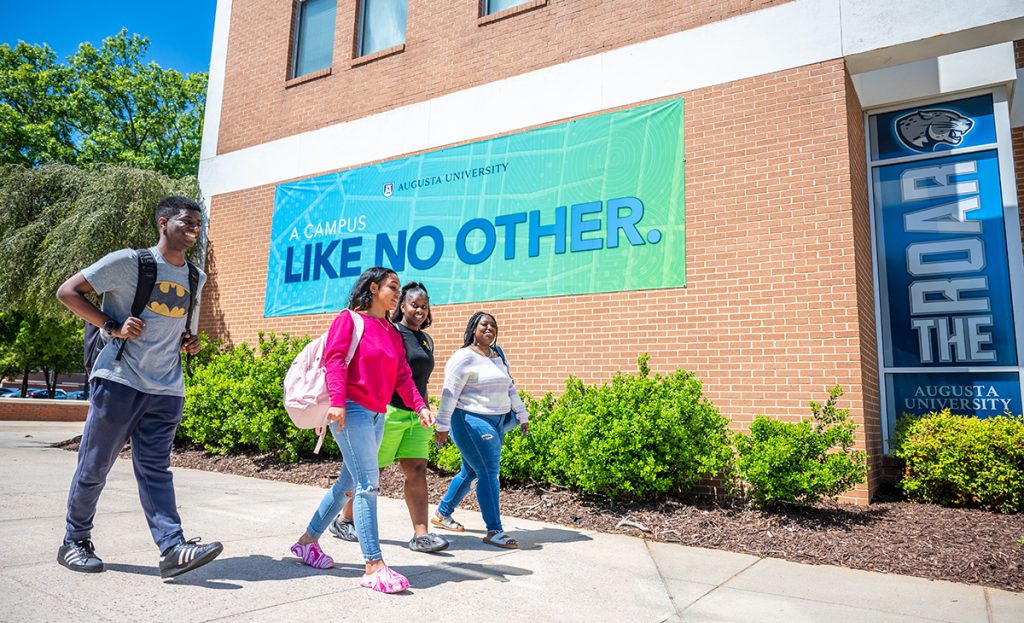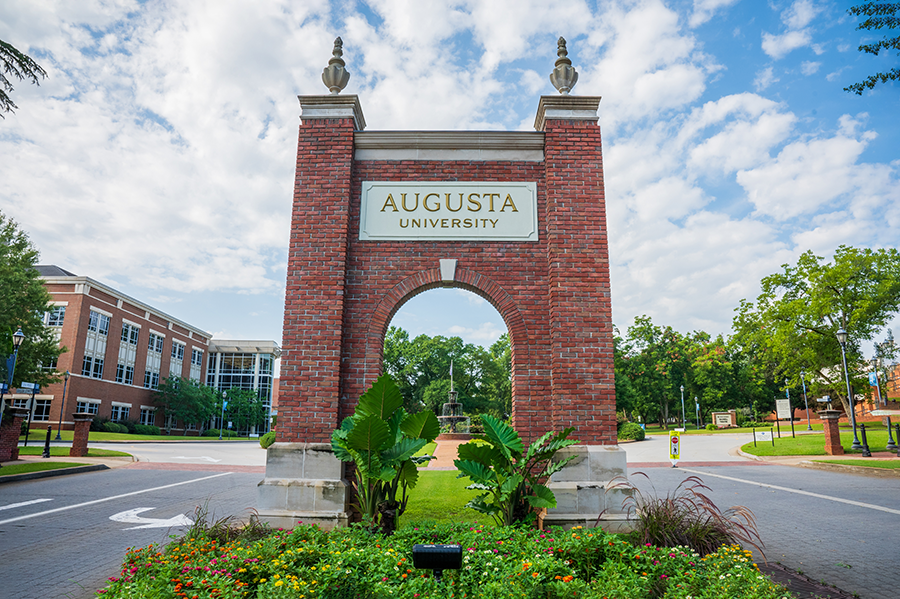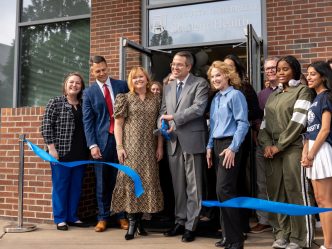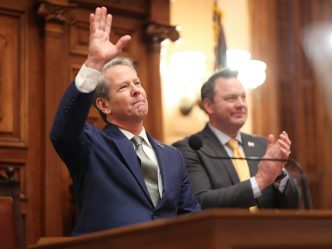Augusta University provided a $1.55 billion boost to the economy between July 1, 2022, and June 30, 2023 – a 14.8 % increase over the previous year – and generated 11,579 jobs during that period, according to a new report from the University System of Georgia (USG).
Those numbers are up from a $1.35 billion economic impact and 10,039 jobs generated the previous year.
AU’s impact includes $45.2 million and 317 jobs added by the AU/UGA Medical Partnership’s Athens Campus, while the Albany (Southwest Campus), Savannah and Brunswick (Southeast Campus), and Rome and Dalton (Northwest Campus) clinical campuses added approximately $9.63 million in economic boost, along with 77 jobs.
“Augusta University continues to provide a strong economic impact across Georgia,” said Augusta University President Russell T. Keen, EdD. “We are focused on our students with a world-class education while growing our impact on health and wellness across Georgia.”

Last fall, AU surpassed the 10,000 student mark with a total fall enrollment of 10,546, marking a 26.6% increase since 2015 and a 7.5% increase over the fall 2022 enrollment total of 9,813.
AU’s 7.5% growth marked the highest single-year growth percentage of the research universities in the system from fall 2022 to fall 2023.
“We strive every day to be student-centered and to value every interaction that every student has at Augusta University,” Keen said. “We want to make sure we are doing everything we can to provide our students with an innovative learning environment that prepares them for the workforce, which is shown in the continued growth of our student body, the addition of outstanding faculty and quality academic programs, and the number of successful graduates those programs produce.”
Overall, the USG contributed a total of $21.9 billion to Georgia’s economy between July 1, 2022, and June 30, 2023, a $1.8 billion or 9% increase over the previous year, a new study shows.
Concurrently, a companion study found that USG bachelor’s graduates from the Class of 2023 will earn $1.4 million more during their lifetimes than they would have without their college degree.
In the companion study, findings show the breakdown of how much each level of higher education can add to a USG graduate’s total earnings over the course of their lives. They offer additional evidence about how earnings increase substantially with each step up in earned degree.
Based on work-life earnings estimates for Georgia, the analysis showed that the 72,037 USG graduates from the Class of 2023 can expect combined total lifetime earnings of $220 billion, which is $70 billion more than they could expect to earn had they not gone on to college or graduate school.
The study shows graduates with at least a bachelor’s degree will earn $1.4 million more throughout their lives. In fact, high school graduates who obtain a bachelor’s degree will boost their work-life earnings in Georgia by 82%, exceeding the 80% increase estimated for the nation.
The average increase in lifetime earnings fluctuates year-to-year for each graduating class depending on how many bachelor’s degrees are awarded compared to the other degree categories. If factoring in less-than-four-year degrees for the Class of 2023, the average amount of extra earnings is $911,459.
The full economic impact report is available on USG’s website.
 Augusta University
Augusta University




